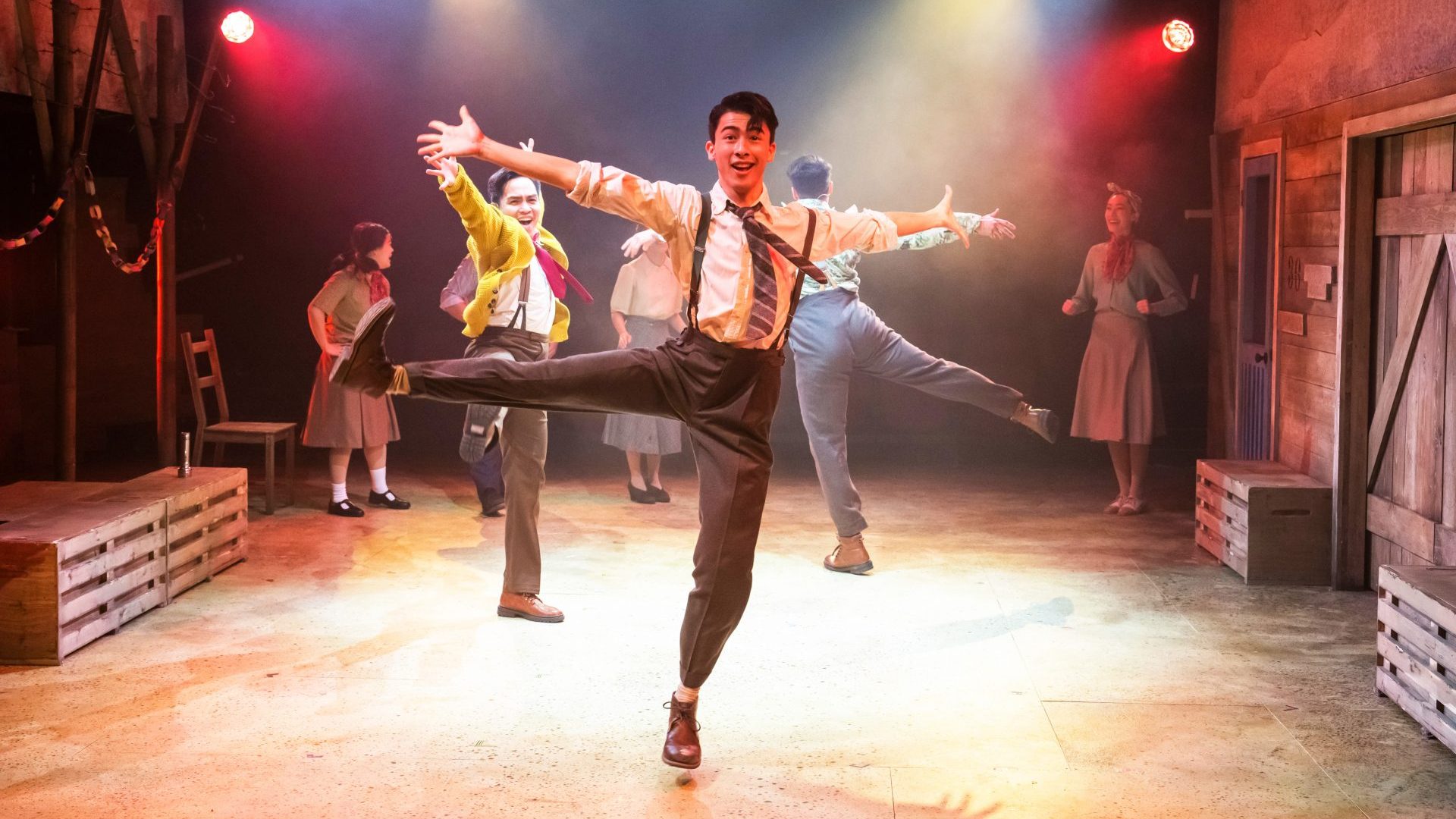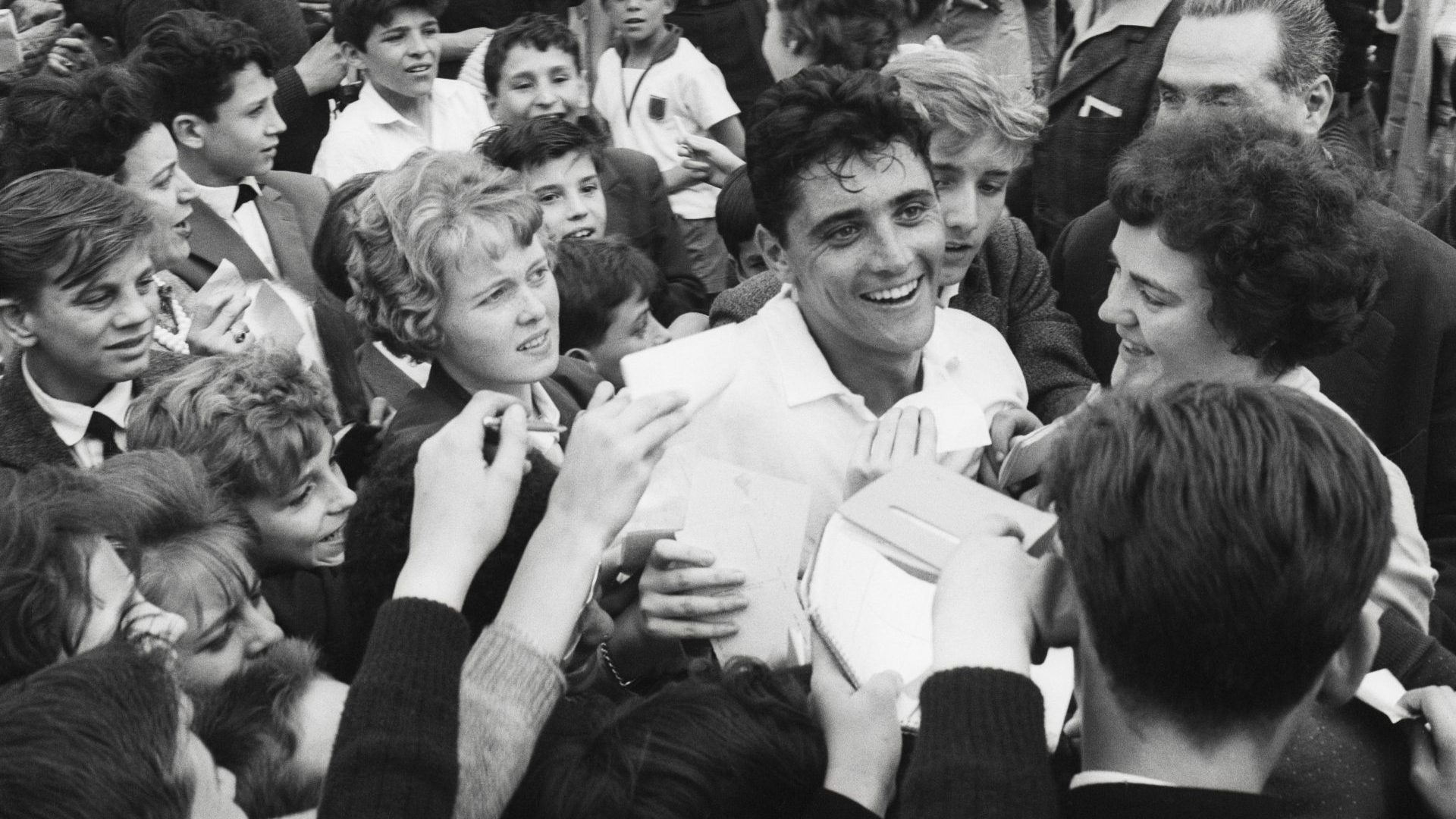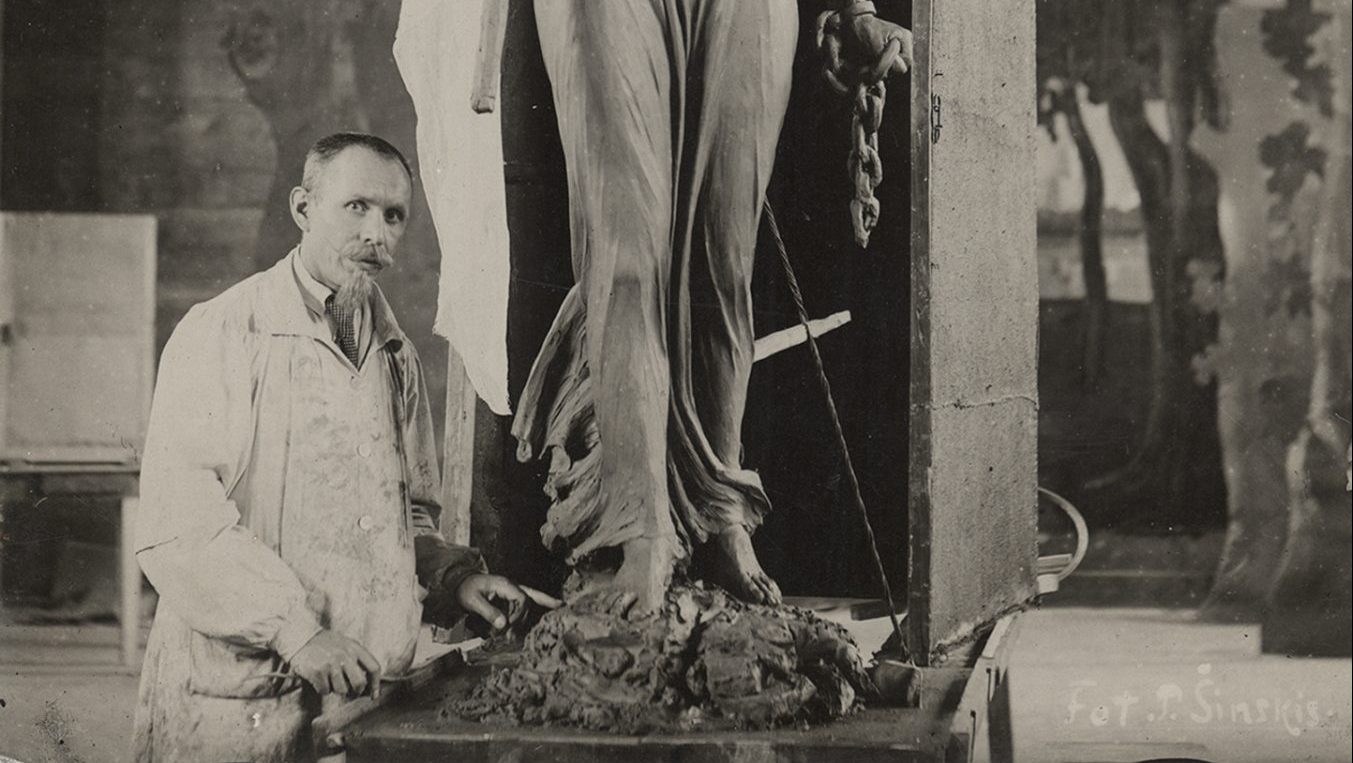Allegiance
Charing Cross theatre, London, until April 8
It’s not often that audiences applaud an actor for simply walking on to a stage, before uttering a single word or raising an eyebrow. I’ve seen it only twice before – Charlton Heston was accorded this honour when he appeared in The Caine Mutiny Court-Martial in the 1980s, and, in 2009, Angela Lansbury was clapped for so long when she made her first appearance in Blithe Spirit that it was necessary for her to tell everyone to settle down so she could get on with her performance.
Now it’s a hat-trick for me with George Takei in Allegiance. The respect – if not love – for him in the little Charing Cross theatre the night I was in was palpable. An octogenarian now, he’s one of those actors we’ve almost all come to know and admire gradually over the five decades he’s been working. It was certainly hard to imagine the hidden depths in him when he played Mr Sulu in the original 60s television series Star Trek – the commitment this slight and modest man was to show for causes such as gay rights and mending the relationship between Japan and the US. He has more recently taken to social media and has amassed a following of 3.4 million on Twitter
(which no doubt grates with his former co-star, William Shatner, who has but 2.5 million followers).
Allegiance is inspired by Takei’s own early life when he, along with 120,000 other Japanese Americans – men, women and children – were thrown into internment camps following the attack on Pearl Harbor in 1941. It’s a great, timely story at a time when too many of us are still seeing only dangerous foreigners sharing this planet with us and not fellow human beings. Takei has described the show – directed by Tara Overfield Wilkinson – as his “legacy project”, and, after opening in San Diego, with a subsequent run on Broadway, he’s taken it around the world. I can certainly understand why he cares about it so passionately.
There is no question Takei has about him that quality the Quakers call “peace at the centre”, and he absolutely dominates the proceedings, from his first, typically understated entrance when he sees the actor playing his younger self – Telly Leung – and ruefully intones: “I’m not that kid any more.”
Still, the old man gets to see his early life replayed before him – seeing his family wanting to fight under the American flag because of their belief in freedom, and gradually having to come to terms with the fact that because they looked like the people who had bombed Pearl Harbor they were regarded as dangerous and untrustworthy.
The show makes some interesting points. Why were the Japanese Americans treated like this when the baseball player Joe DiMaggio – born to Sicilian immigrants – was still being feted despite Mussolini’s allegiances? More movingly, it shows the people the young Takei got to know being willing to die for what they regarded as their country, if that was what it took to show their own allegiance. When finally some were permitted to fight in the 442nd Infantry Regiment, it became the most decorated in American military history.
There’s a raw power to the script by Marc Acito, Jay Kuo and Lorenzo Thione, and the big numbers – written by Kuo – are delivered with tremendous panache by the uniformly strong ensemble cast. Leung, playing the character to some extent inspired by Takei’s younger self, is a real star in the making and he gives the show a tremendous emotional charge. The real Takei was actually only five years old when the Japanese bombed Pearl Harbor, so a certain amount of dramatic licence has been necessary.
There are strong turns along the way from Iroy Abesamis as a young man of
Japanese heritage determined to prove his American-ness, and Masashi
Fujimoto as a world-weary old patriarch. Aynrand Ferrer makes a strong
impression, too, as the love interest.
I wouldn’t say this is by any stretch of the imagination a great musical, but
I would say it is a lot greater than the sum of its parts. Two and a half hours
is long for such a serious-minded show, but it passes by quickly enough. It’s a testimony to its power that I found myself tearful towards the end. The show made me think about the passage of time, how human beings never really learn from their past mistakes and what a great force for good Takei has been in this sorry old world of ours. It was a privilege to be in his company.




